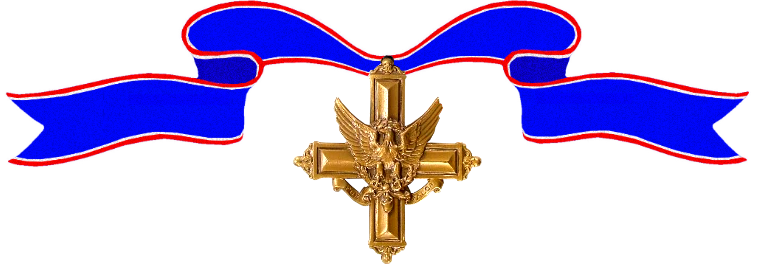The President of the United States of America, authorized by Act of Congress, July 9, 1918 (amended by act of July 25, 1963), takes pleasure in presenting the Distinguished Service Cross to Captain (Infantry) Charles H. Briscoe, United States Army, for extraordinary heroism in connection with military operations involving conflict with an armed hostile force in the Republic of Vietnam, while serving with Company C, 4th Battalion, 503d Infantry, 173d Airborne Brigade. Captain Briscoe distinguished himself by exceptionally valorous actions on 17 June 1968 while leading an infantry company. During the initial probe of an enemy battalion’s stronghold, Captain Briscoe learned that several wounded were trapped in a field raked by enemy fire. He rushed to the forefront and led an assault to recover the wounded personnel. As he and his headquarters element came in sight of the wounded they began drawing fire from two bunkers armed with heavy machine guns. He crawled toward his senior aidman who was lying wounded in a clearing, firing his submachine gun at the bunkers in an effort to pin the enemy gunner down. Unmindful of the intense small arms fire from two bunkers, Captain Briscoe, with complete disregard for his own life, single-handedly assaulted the bunkers with hand grenades destroying both of them, killing their occupants. As he dragged the wounded aidman toward cover, an intense volley of heavy machinegun fire killed the aidman, narrowly missing Captain Briscoe. In spite of continued heavy enemy fire, he returned, located, and dragged his wounded forward observer out of the line of enemy fire, being himself wounded in the process. Overcoming his own pain, he continued to pull his wounded comrade toward cover. When another burst of enemy fire killed the forward observer, Captain Briscoe began crawling backward toward his unit’s perimeter. As he attempted to evade the enemy fire, he fell into a concealed well. In spite of his wounds and awkward predicament, he kept command of his company. Calling to his radiomen above, he rallied his men and relayed the necessary instructions to form a defensive perimeter within the base camp. By relaying directions to his radiomen, Captain Briscoe directed a determined defense that successfully repulsed two enemy counterattacks. Following his rescue from the well, Captain Briscoe directed air strikes into the base camp to cover his company’s withdrawal to a more defensible position and remained throughout the seven-hour battle, refusing to be evacuated until all his men had been cared for. His valor and total disregard for his own safety inspired his men to success against a numerically larger enemy force. Captain Briscoe’s extraordinary heroism and devotion to duty were in keeping with the highest traditions of the military service and reflect great credit upon himself, his unit, and the United States Army.


